Catholic Charities of the Diocese of Superior has initiated a plea to the U.S. Supreme Court to challenge a decision by the Wisconsin Supreme Court.
The state court ruled that their efforts to assist the poor and disabled do not qualify as inherently religious activities, thus denying them an exemption from the state’s unemployment program.
The Crux of the Dispute: Religious Activities Redefined
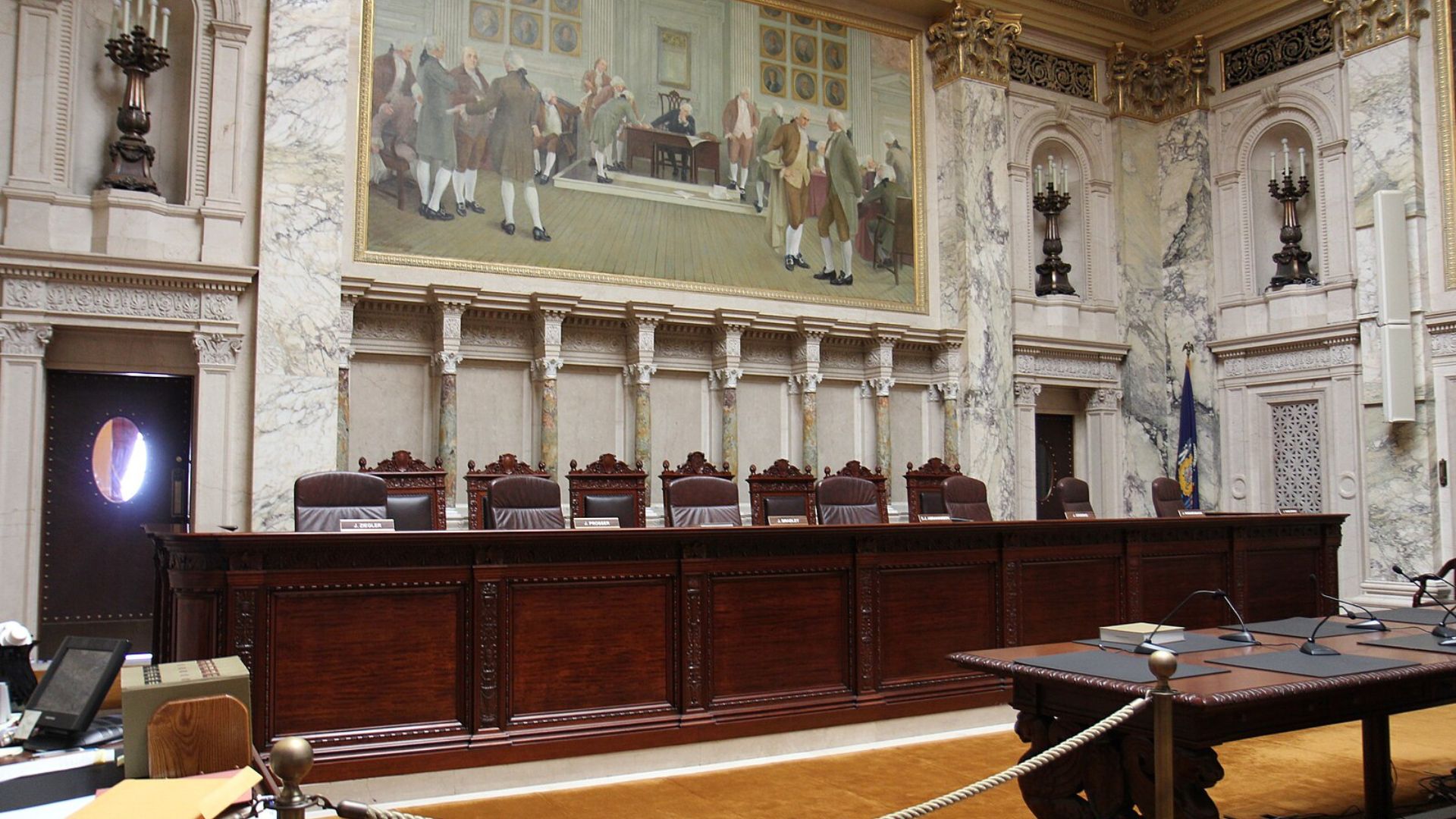
The legal dispute centers on the nature of religious activities and whether acts of charity can be recognized as such.
The Wisconsin Supreme Court, in a narrow 4-3 decision, determined that the actions of Catholic Charities do not meet the state’s definition of religious practices, prompting the charity to seek a reversal at the national level.
Seeking a Reversal on Religious Grounds

Catholic Charities is represented by Becket Law in their appeal to the U.S. Supreme Court, arguing that their mission is a core part of their religious practice.
They seek to overturn the state ruling which currently compels them to participate in the state unemployment system, contrary to their religious beliefs.
Bishop Advocates for Recognition of Charitable Acts as Religious
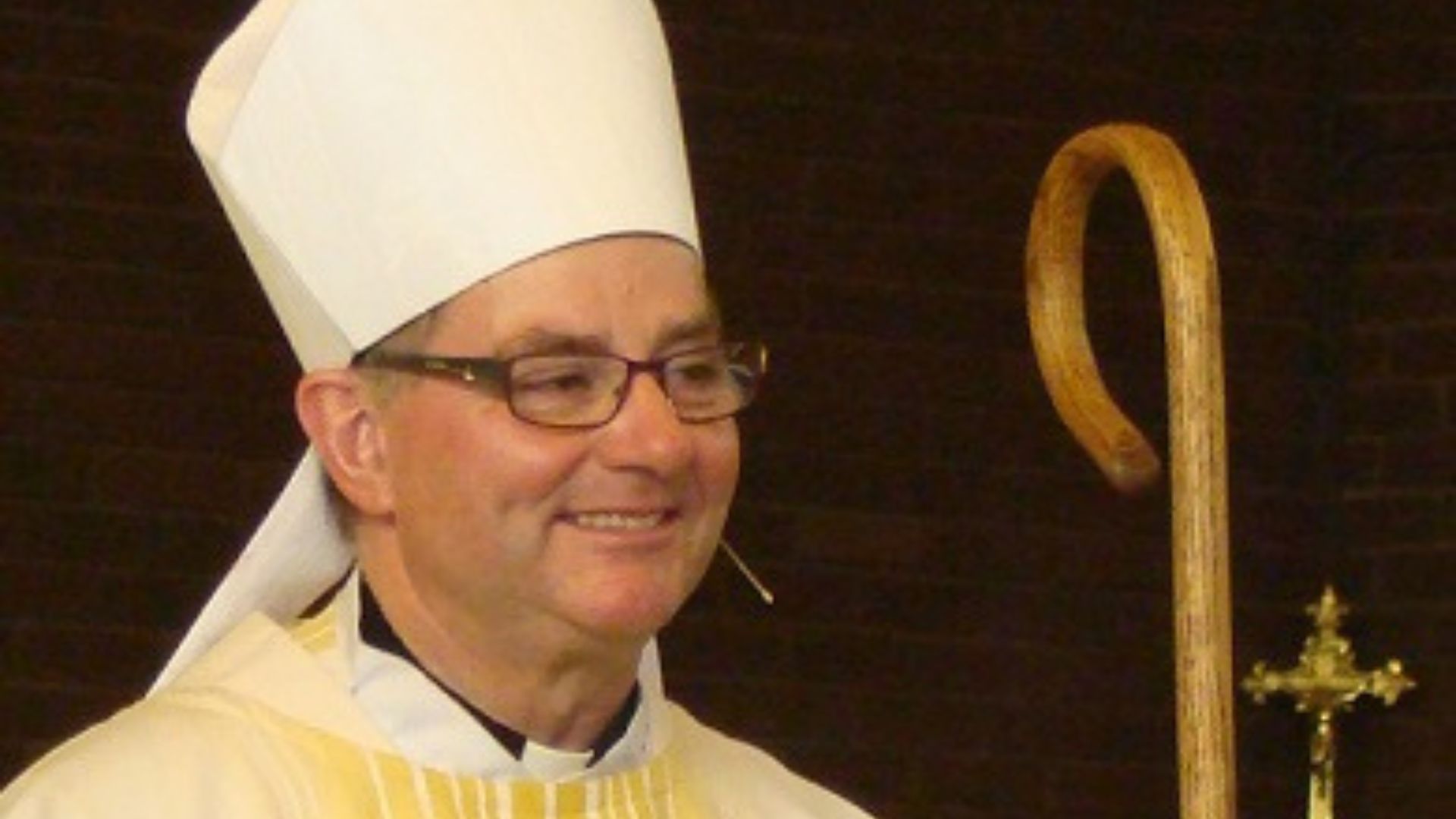
Bishop James Powers has expressed hope that the Supreme Court will acknowledge their charitable work as an extension of their faith.
“We pray the Court will recognize that this work of improving the human condition is rooted in Christ’s call to care for those in need,” he stated, emphasizing the religious motivation behind their services.
Inclusivity and Legal Challenges
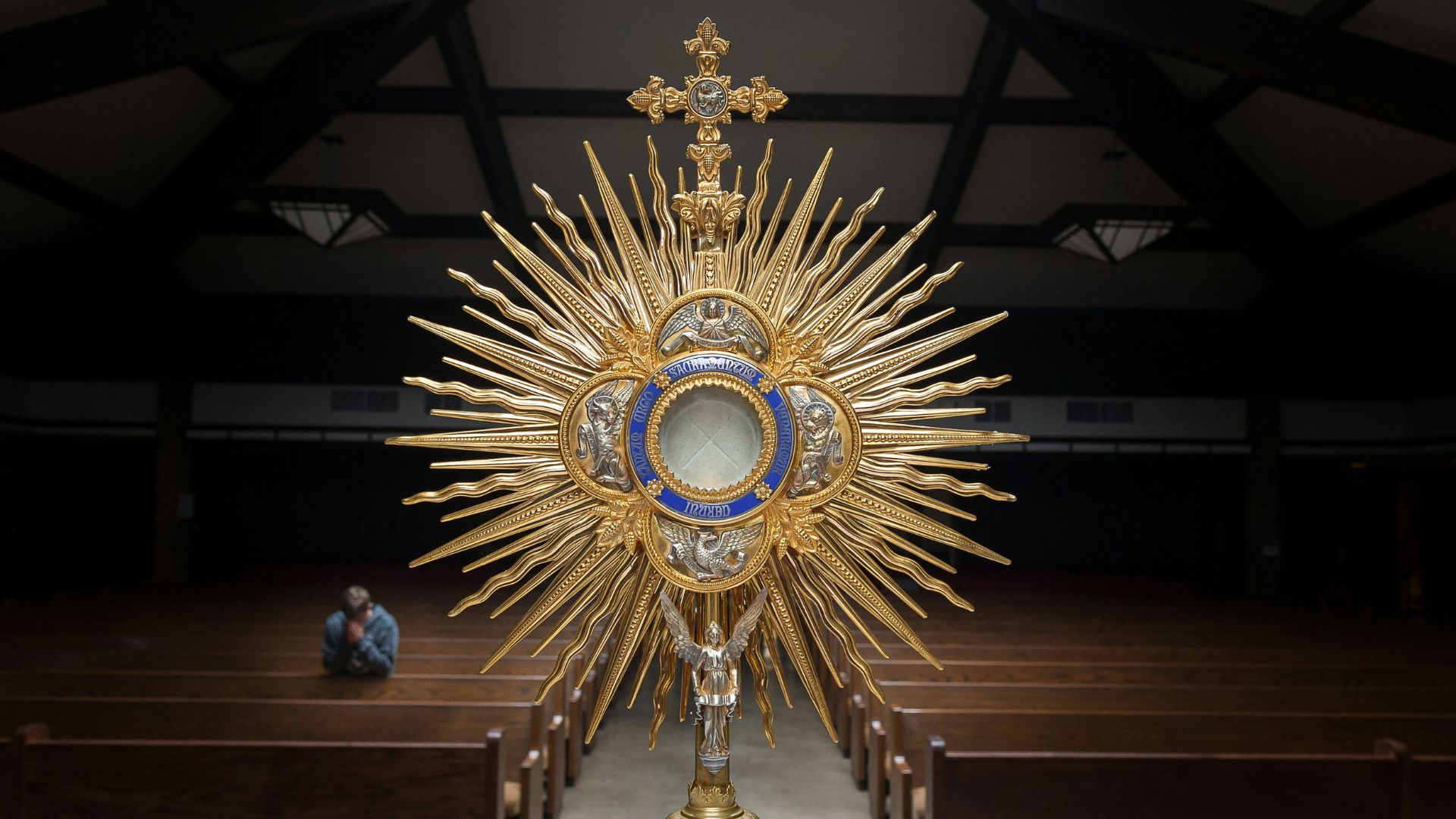
The contention also involves the scope of who can be served and employed by the charity.
The state’s stance is that exemptions should only apply if services are limited to Catholics and efforts are made to convert beneficiaries, a requirement Catholic Charities finds incompatible with their values.
Highlighting the Absurdity of the Ruling
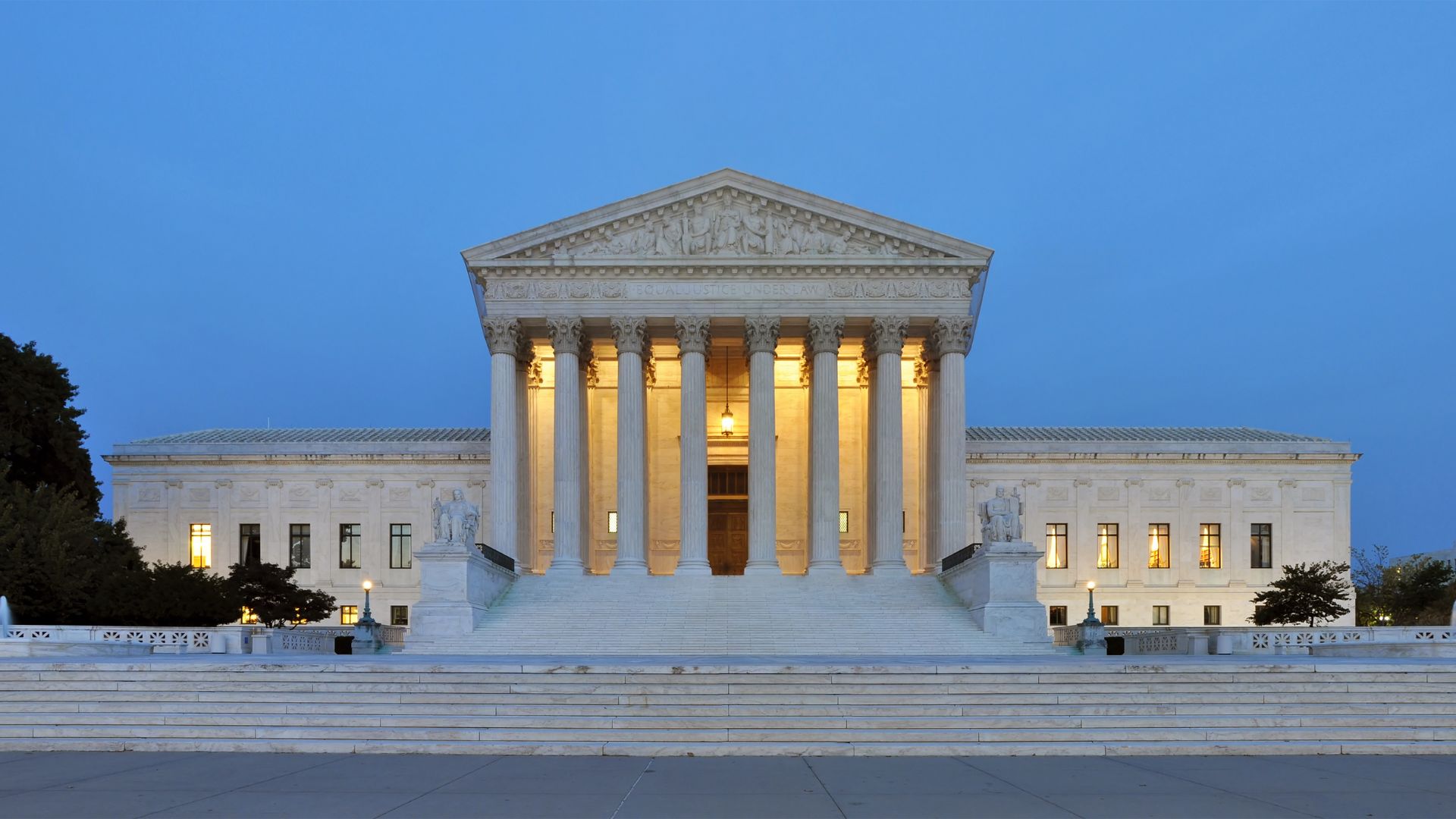
The charity’s petition to the Supreme Court includes a poignant critique: “It doesn’t matter if Catholic Charities gives a cup of water in Jesus’ name, because non-religious charities offer cups of water too.”
This statement was included to illustrate the perceived flaws in the state court’s reasoning regarding what constitutes a religious act.
Defining the Role of the Supreme Court in Religious Exemptions
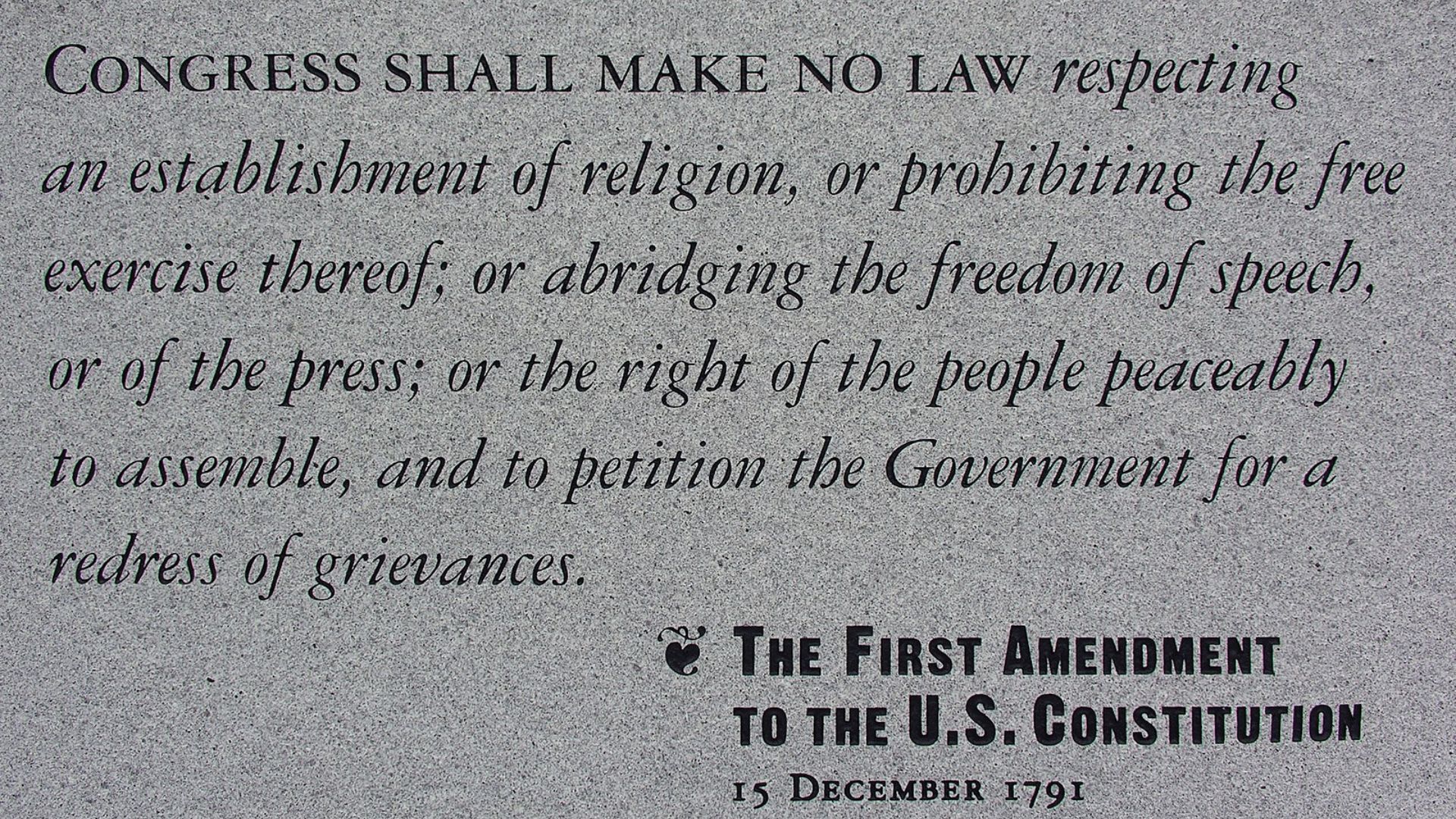
This case presents a significant challenge to how religious purposes are legally defined and recognized by the state.
Catholic Charities argues that the current interpretation infringes on their First Amendment rights by failing to accommodate a broader understanding of religious practices.
The Bigger Picture: Religious Purposes Exemption
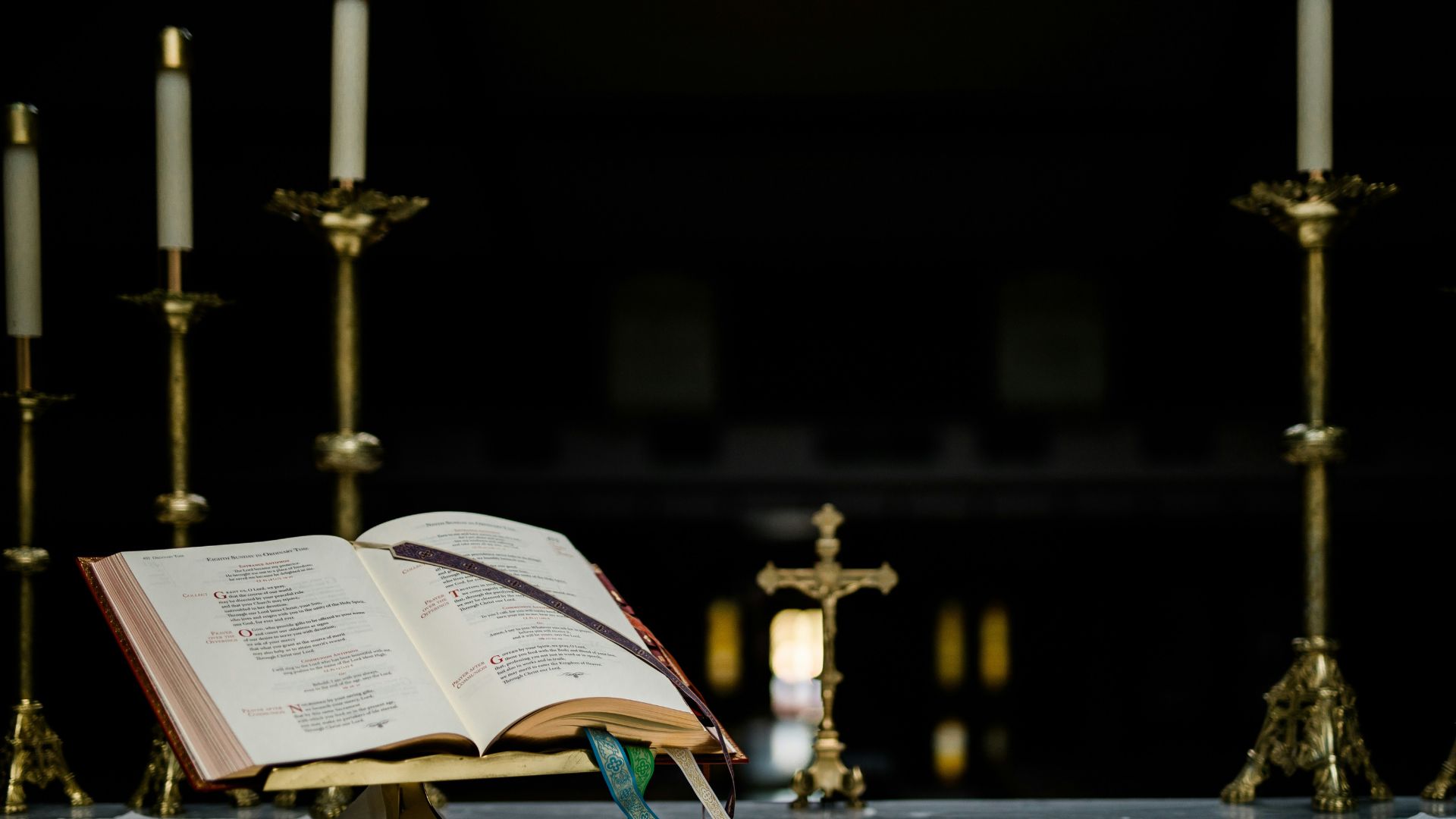
The outcome could redefine the ‘religious purposes’ exemption nationwide.
Currently, there’s a divide between state courts on whether religious entities must conform to stereotypes to qualify for this exemption.
First Amendment at the Forefront
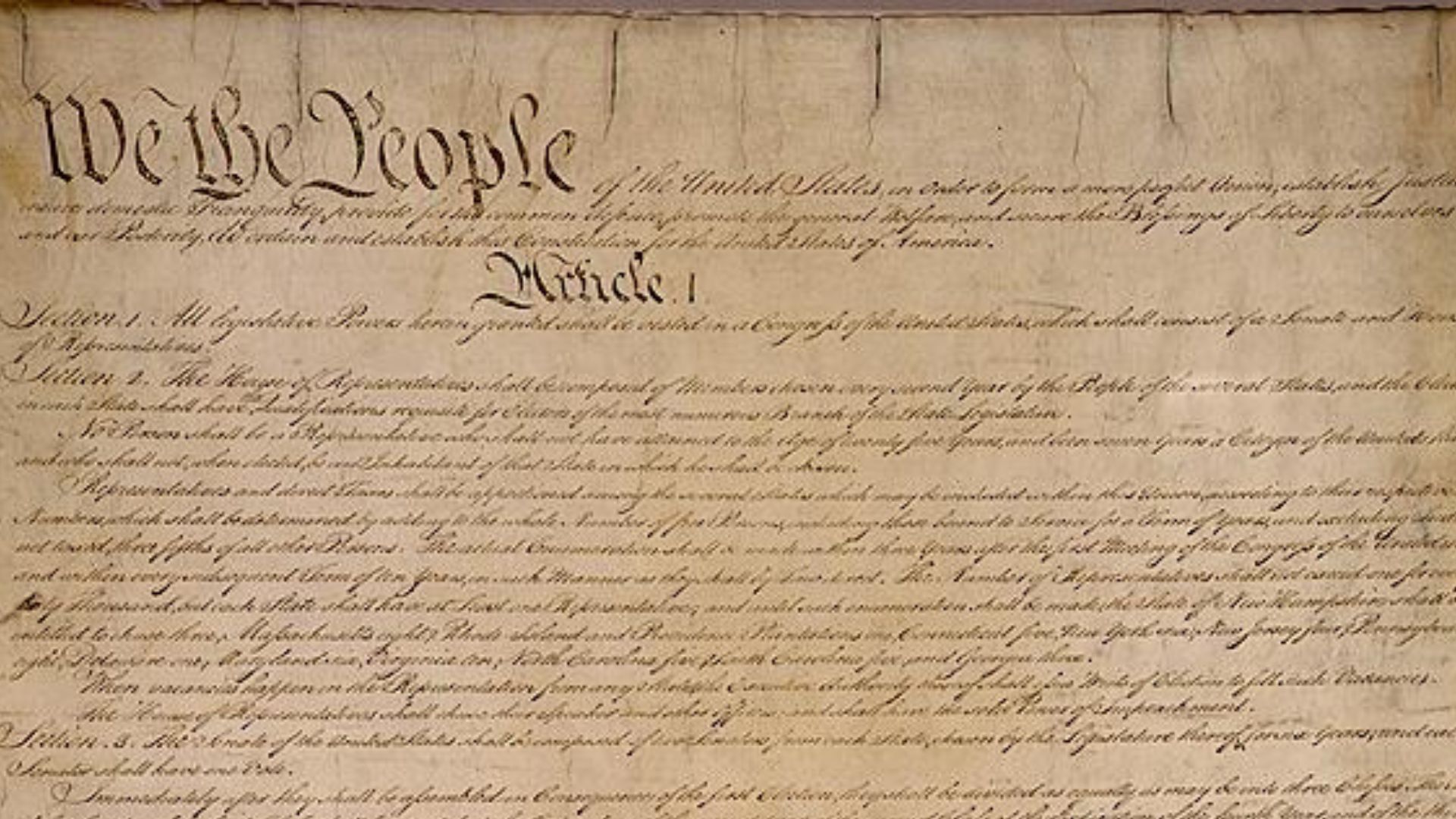
The debate thrusts sharp First Amendment questions into the spotlight, involving the Free Exercise Clause, the Establishment Clause, and the church autonomy doctrine.
The legal implications are immense, extending beyond a single organization.
Potential Consequences Beyond Catholic Charities
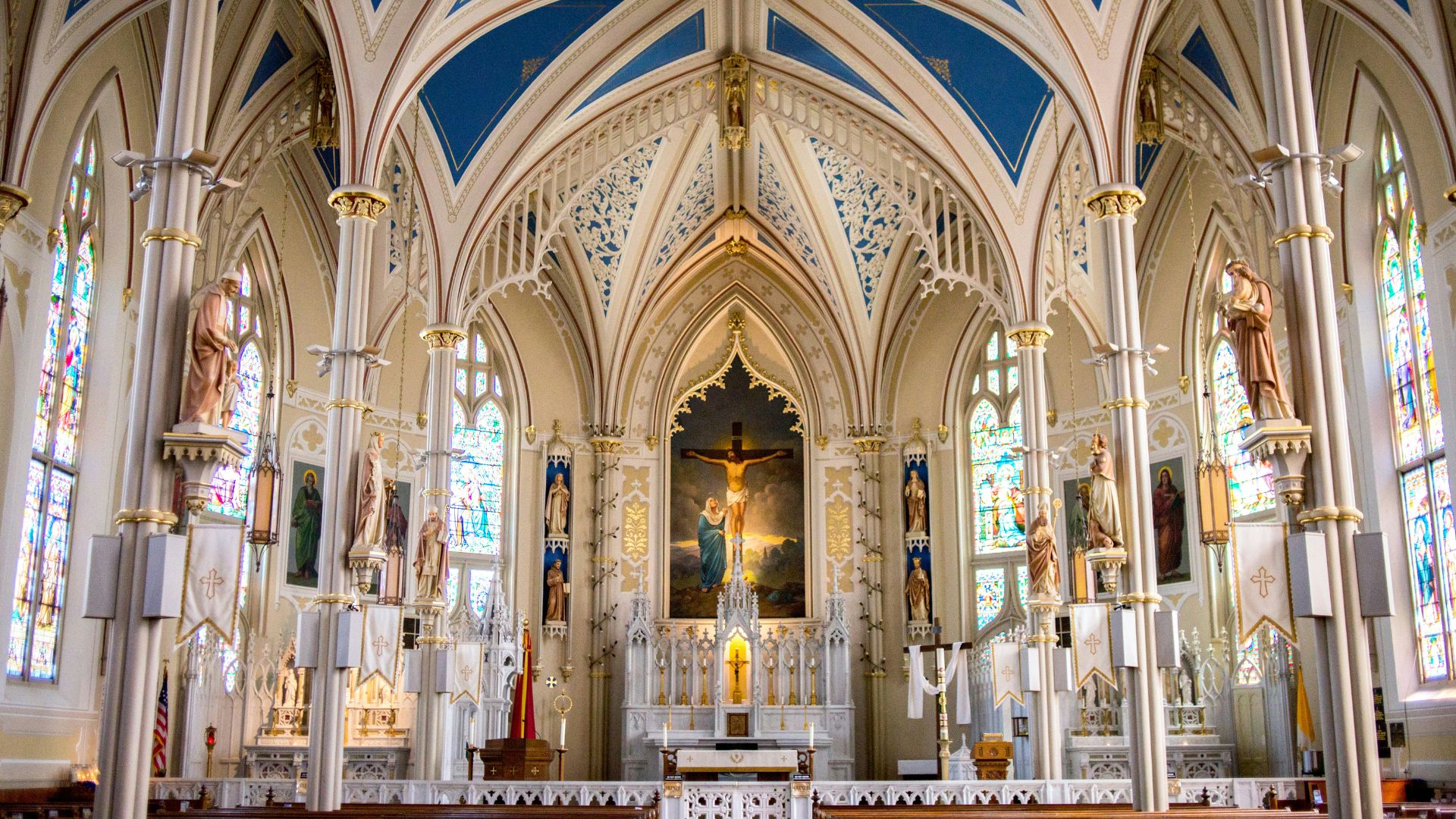
The Supreme Court’s decision could extend well beyond the parties involved.
It may influence future judicial interpretations of religious freedom and the separation of church and state across various contexts and states.
Urgent Plea for Supreme Court Intervention
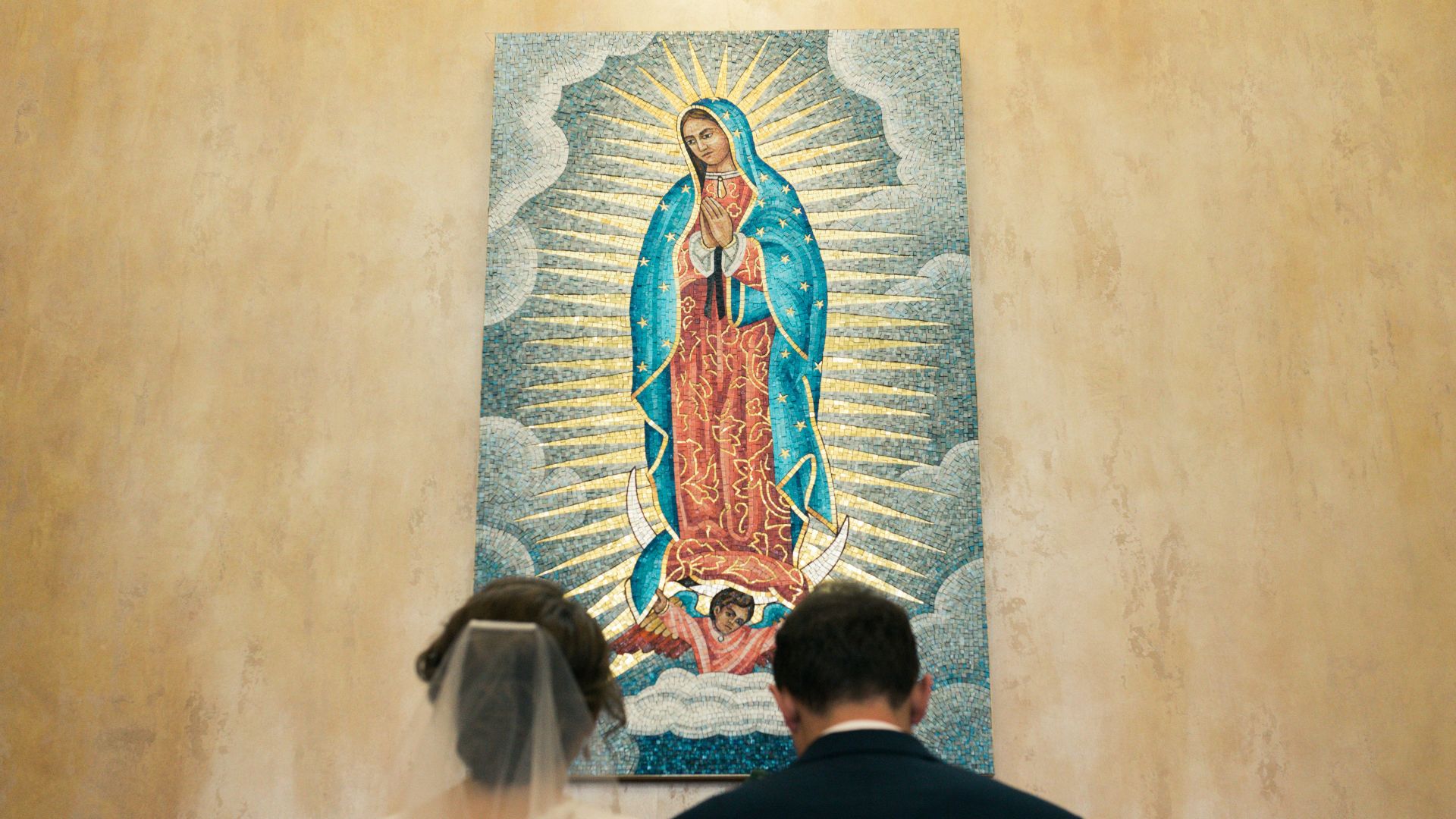
In the words of Eric Rassbach, senior counsel at Becket, “It shouldn’t take a theologian to understand that serving the poor is a religious duty for Catholics. But the Wisconsin Supreme Court embraced the absurd conclusion that Catholic Charities has no religious purpose.”
He emphasizes the necessity for the Supreme Court to address what he views as a critical error.
Anticipation for a Landmark Decision
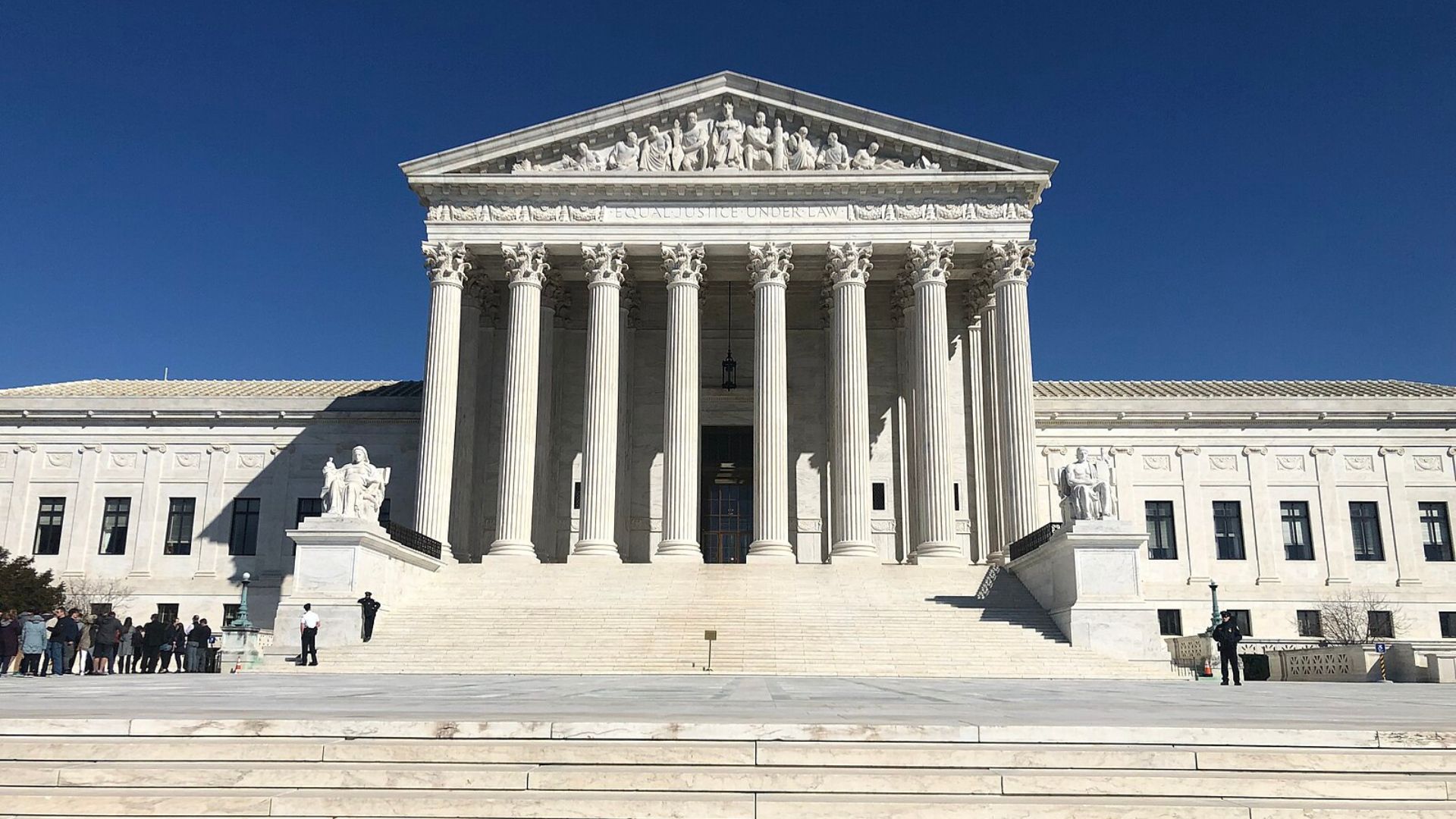
The Supreme Court is expected to decide whether to hear the case as early as this fall.
The outcome will likely resonate across the nation, potentially redefining how religious practices are recognized and protected under U.S. law, with significant implications for religious and non-religious charitable organizations alike.
